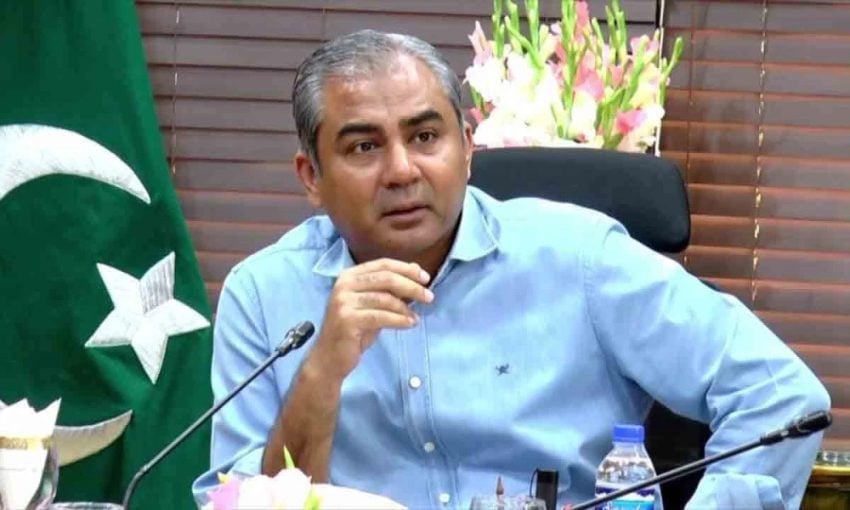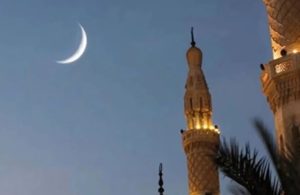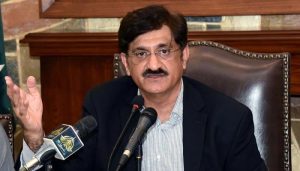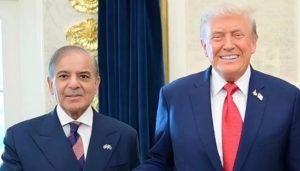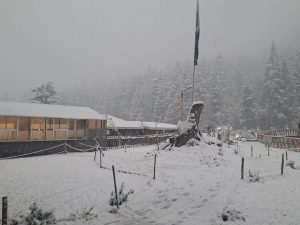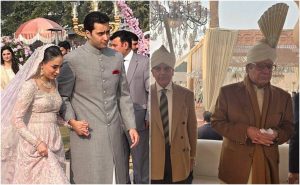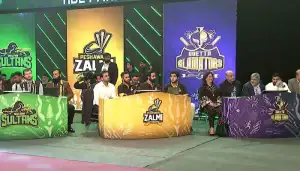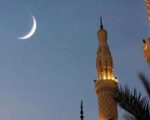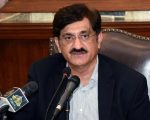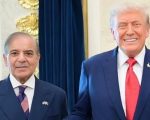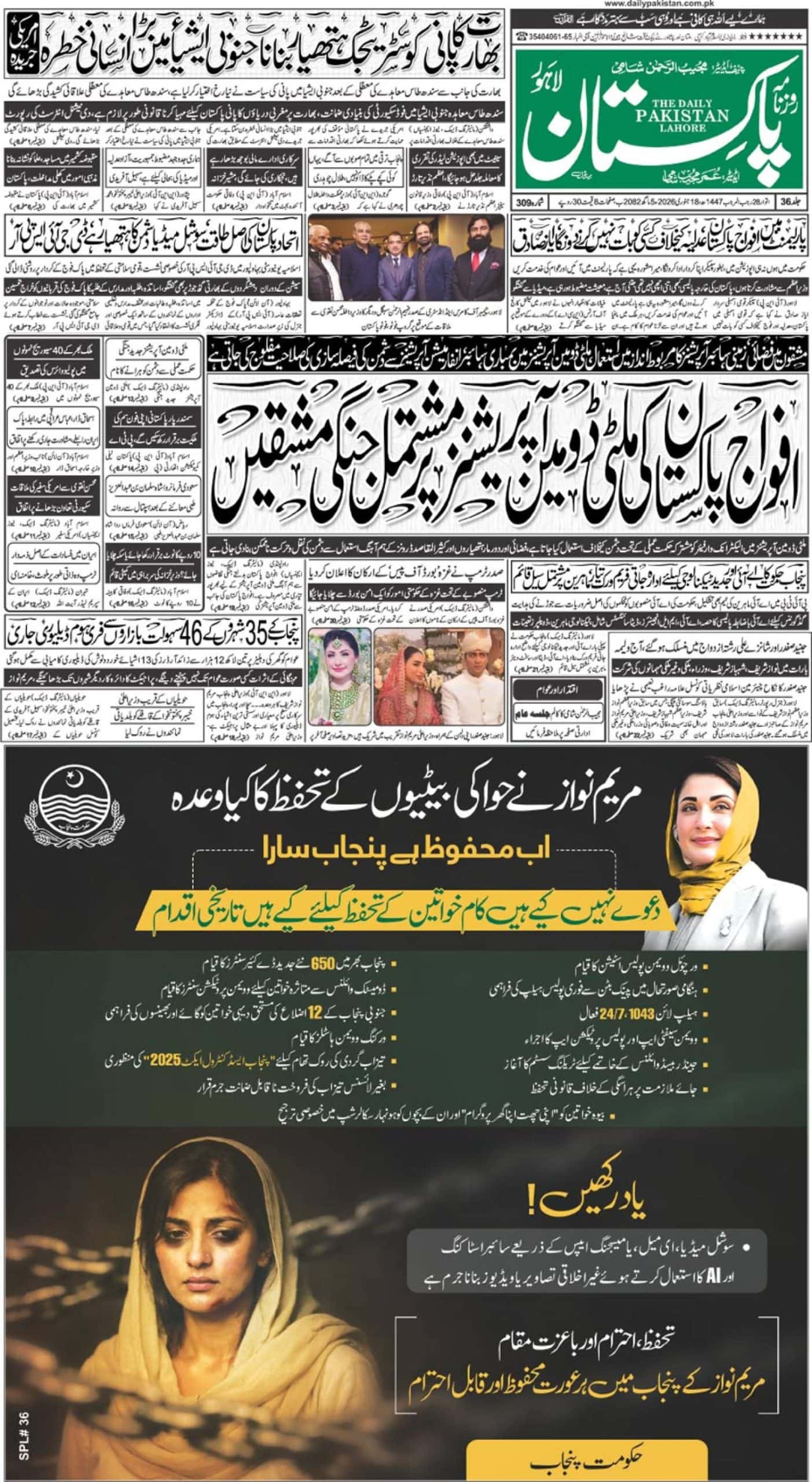ISLAMABAD –Interior Minister Mohsin Naqvi has claimed that the Pakistan Army played a behind-the-scenes role in helping broker the ceasefire between Iran and Israel — two arch-rivals whose recent flare-up had threatened to plunge the Middle East into broader conflict.
Speaking during a high-level meeting with religious scholars from all schools of thought regarding security measures during Muharram, Naqvi stated, “There is Wardi behind the Iran-Israel ceasefire as well,” implying that Pakistan’s military establishment was actively engaged in de-escalation diplomacy.
The statement comes shortly after Chief of Army Staff General Asim Munir’s meeting with US President Donald Trump.
The meeting was held days before the US president announced the ceasefire between Iran and Israel, ending 12-day war.
Mohsin Naqvi also stated that Prime Minister Shehbaz Sharif played a “significant role” in the peace efforts, further highlighting the country’s emerging role as a neutral mediator in sensitive global affairs.
Talking about recent conflict between Pakistan and India, he said: “Pakistan did not want any civilian harm during the conflict. One of our missiles hit an oil depot, but civilian areas remained unhurt.
Naqvi reiterated claims of Pakistan’s tactical success in a past military exchange with India, stating: “India launched several missiles at one of our bases, but none hit the target. With Allah’s help, we were victorious in that war.”
He added that Pakistan’s military faced no hurdles during the conflict and that the country is now celebrating Independence Day with four times more fervor.
Switching focus to domestic issues, the interior minister emphasized the importance of promoting harmony during the holy month of Muharram-ul-Haram, acknowledging the consistent and positive role of religious leaders in maintaining peace across the country.
“All sects must walk together in unity. The scholars have always played a vital role in peacebuilding,” Naqvi said.
On national security, Naqvi underlined the need for enhanced cooperation with religious leaders in areas of Khyber Pakhtunkhwa most affected by terrorism, stating,
“Without local support, we cannot defeat terrorism,” he asserted.

